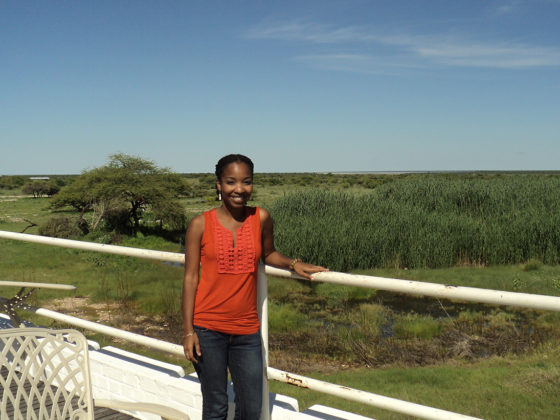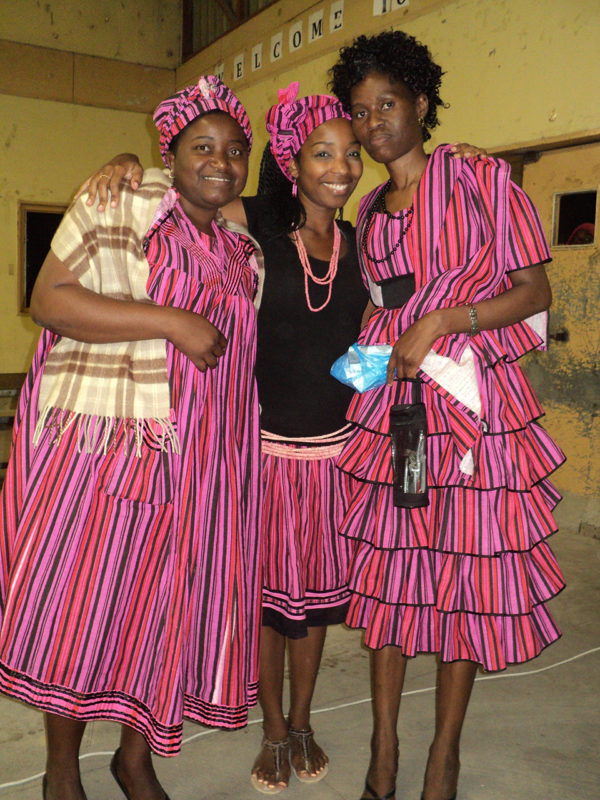The first memory I have of being on African soil was my South African Airways plane touching down in Johannesburg, South Africa. I excitedly peaked through the window and caught a glimpse of Black tarmac workers offloading luggage. I distinctly remember locking eyes with one who even waved at me.
The other passengers weren’t de-planing fast enough. I just wanted to get off of that plane and be enveloped in the South African outdoors. To smell it. To feel it. To study the faces of these familiar but long lost cousins.

